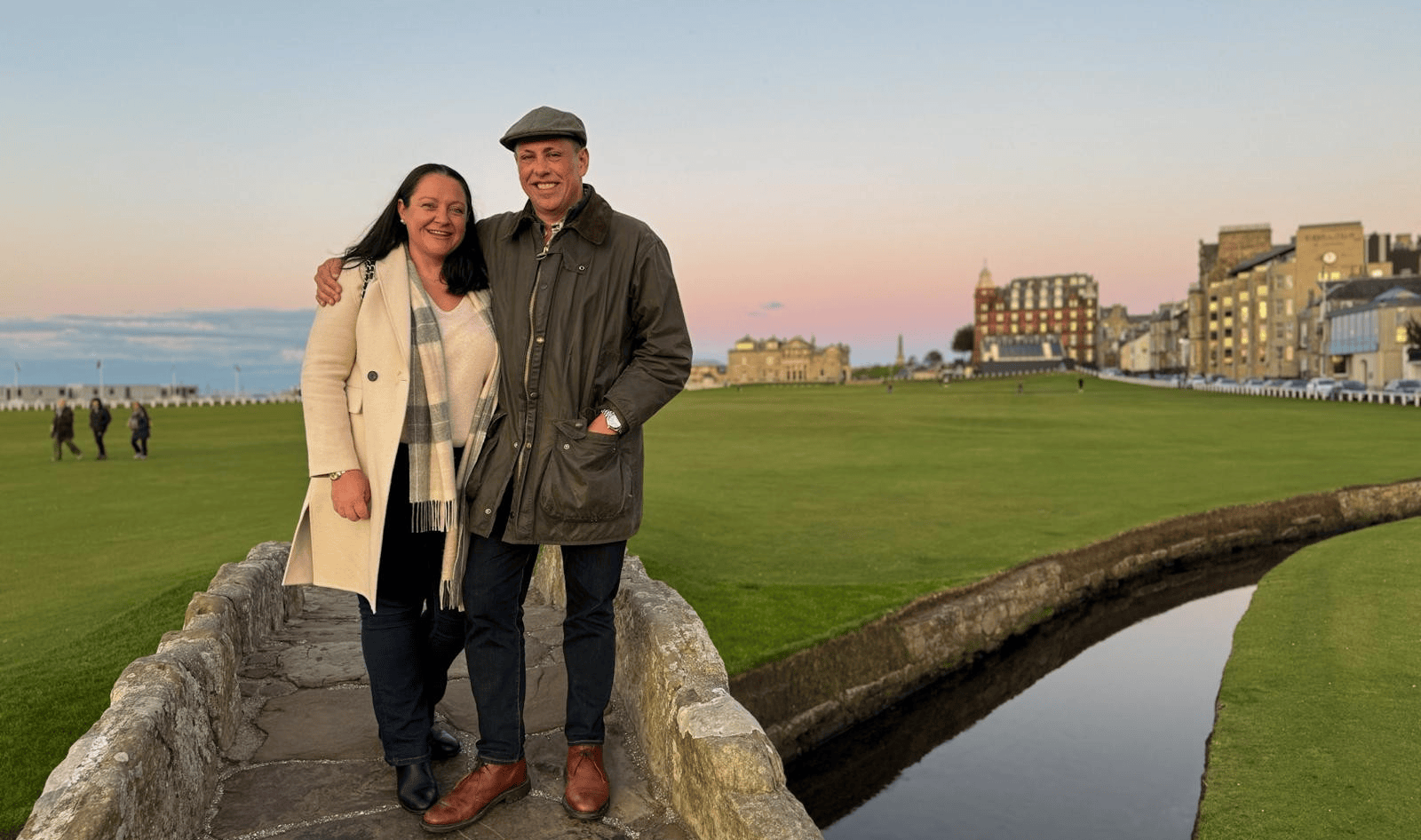
Andy lives in Edinburgh with his wife and two children. He shares an insight into his experiences of diabetes – from his father’s diagnosis of type 2 diabetes, his own similar diagnosis in 2016, and the sense of guilt he carried at the time, right through to his recent journey to remission.
